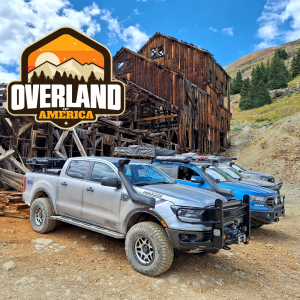My 2019 Supercrew STX FX4 4X4 with a fiberglass bed cap, got a good long term run over the past week. 1,300+ miles from PA to TX driving 23 hours straight, only stopping to refuel and take bathroom breaks. The return trip was similar miles but for 26 hours straight (road construction traffic jams). The truck pretty much met Ford's mpg estimates for the truck as it is configured. One note, the on board MPG calculator is not accurate. It reads high. My Scangauge II code reader does a better job and gives a better picture but only applies to driving sessions between engine start and shut off.
Fuel................Miles....Gallons.....MPG
Stop
1.....................365.9.....15.421......23.7
2.....................375.3.....16.394......22.9
3.....................380.9.....15.441......24.7
4.....................342.0.....13.989......24.5
5.....................325.0.....14.216......22.9
6.....................342.1.....13.301......25.7
7.....................388.1.....15.558......25.0
Most of the trip was at 70 mph highway speeds. 4X2 Supercab models may perform better. For a Supercrew 4X4, I don't think it did badly at all. The 1999 Honda CR-V it replaced would have performed similarly and would have been hard pressed to meet those 25 mpg numbers. So, for a much larger and heavier vehicle to perform the similarly, if not better than a compact crossover SUV with similar tires, I think Ford did a good job.













